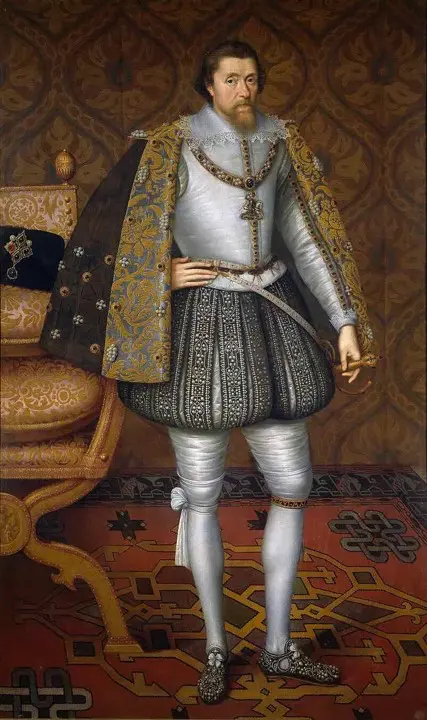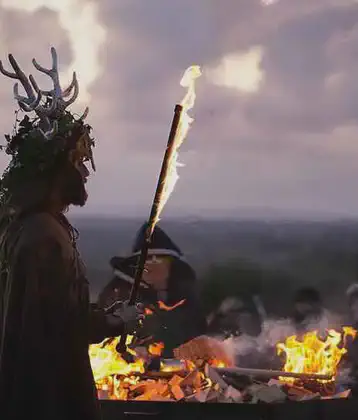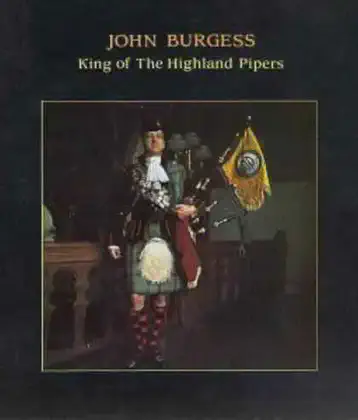On July 29, 1567 in Celtic History
King james vi crowned at the church of the holy rude

James VI of Scots-James I of England and Ireland (Charles James Stuart) (June 19, 1566 ? March 27, 1625) was King of England, King of Scots, and King of Ireland and was the first to style himself King of Great Britain. He ruled in Scotland as James VI from 24 July 1567. Then from the Union of the Crowns, in England and Ireland as James I, from 24 March 1603 until his death. He was the first monarch of England from the House of Stuart, succeeding the last Tudor monarch, Elizabeth I, who died without issue.
James was formally crowned King of Scotland at the Church of the Holyrood, Stirling, on 29 July 1567. In deference to the religious beliefs of most of the Scots ruling class, he was brought up as a member of the protestant, national Church of Scotland and educated by men with Presbyterian sympathies. During James VIs early reign, power was held by a series of regents, the first of whom was James Stuart, 1st Earl of Moray, his mothers illegitimate half-brother. Mary escaped from prison in 1568, leading to a brief period of violence. Lord Moray defeated Marys troops at the Battle of Langside, forcing her to flee to England, where she was imprisoned by Elizabeth I.
Lord Moray was assassinated by one of Marys supporters in 1570. He was succeeded by James paternal grandfather, Matthew Stewart, 4th Earl of Lennox, who suffered a similar fate in 1571. The next was James VIs guardian, John Erskine, 1st Earl of Mar, who died in 1572. The last of the regents was James Douglas, 4th Earl of Morton, who, during the two previous regencies, had been the most powerful Scottish nobleman, more so than the previous regents. Historian and poet George Buchanan was responsible for James education.
Lord Morton was successful in finally crushing the families who continued to support Mary. His fall was brought about not by Marys supporters, but by the Kings closest courtiers, who impressed upon the young monarch the extent of the royal powers, thereby encouraging him to take control himself. The courtiers accused Lord Morton of participating in the murder of James father. Lord Morton was consequently tried, convicted and then executed in 1581; power was thenceforth held by the King himself, rather than by a regent.
Nevertheless, James VI did not rule by himself, relying instead on the advice of his closest courtiers. One of the most important noblemen at the time was James VIs cousin, Esmé Stuart, Seigneur dAubigny, who had come from France in 1579, and who had been made Earl of Lennox. Another powerful courtier at the time was James Stuart, who was created Earl of Arran as a reward for his testimony against Lord Morton. As Lord Lennox was a Catholic, and Lord Arran leaned towards Episcopalianism, the Presbyterian Scottish Lords found the government distasteful. In the Raid of Ruthven (1582), some Presbyterian nobles, led by William Ruthven, 1st Earl of Gowrie, captured James and held him captive for almost a year at Ruthven Castle, now known as Huntingtower Castle, in Perthshire. Lord Arran was also detained, and Lord Lennox was banished to France. The King and Lord Arran escaped in 1583; Lord Gowrie was executed, and the rebels forced to flee to England. The Parliament of Scotland, loyal to the King, passed the Black Acts, putting the Church of Scotland directly under royal control. These Acts were extremely unpopular; his clergy opposed and denounced him, attempting to keep his influence under control, lest he grow so powerful as to be bold enough to disestablish Presbyterianism.
Related Content

Shane Patrick Lysaght MacGowan, lead singer of the Pogues, died
Shane Patrick Lysaght MacGowan is an Irish-English musician and songwriter, best known as the lead singer and songwriter of the punk band The Pogues.
Read More
St Machar Day, patron saint of Aberdeen
Saint Machar is the Diocesan Patron Saint of Aberdeen; the Feast Day being observed on 12th November.
Read More
Oíche Shamhna - Cetlic New Year Eve (Halloween)
In Scotland and Ireland, Halloween is known as Oíche Shamhna, while in Wales it is Nos Calan Gaeaf, the eve of the winters calend, or first. With the rise of Christianity, Samhain...
Read More
ALBAN ELFED (Welsh Bardic name for autumn equinox)
Alban Elued, The Light of the Water, the first day of Autumn, was also called Harvesthome. Observed on September 21, the Autumnal Equinox was the day when the sun again began to...
Read More
Feast day of St. James
Guinness St. James Gate Since mediaeval times, Dubliners held an annual drinking festival in the Saint’s honor. Fittingly, Guinness chose St. James’ Gate as the site for their...
Read More
John Davie Burgess, King of the Highland Pipers, died at age 71.
John Burgess died on June 29, 2005 at the age of 71.
Read More
No location specified

No location specified

No location specified

No location specified

No location specified

No location specified

No location specified

No location specified